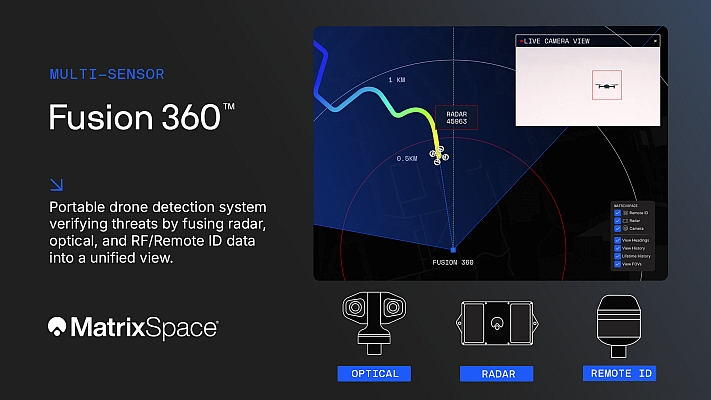 U.S. Army Sgt. Scott Fierro first fell in love with Geographic Information Systems (GIS) technology during the Army’s Advanced Individual Training at the National Geospatial Intelligence Agency. Since then, he has dedicated himself to learning as much about GIS as possible.
U.S. Army Sgt. Scott Fierro first fell in love with Geographic Information Systems (GIS) technology during the Army’s Advanced Individual Training at the National Geospatial Intelligence Agency. Since then, he has dedicated himself to learning as much about GIS as possible.
That’s why Fierro, 30, from Tampa, Fla., decided to earn his online GIS degree from American Sentinel University using his military education benefits. “I chose American Sentinel because it is an accredited school that offers a competitive and challenging Bachelor of Science Geographic Information Systems degree program. I love that it’s online because I move frequently and the flexible online format afforded me the ability to earn my degree and maintain a career,” says Fierro.
Despite working up to 45 hours a week and traveling around 160 days a year, Fierro found a way to finish his online class assignments. “Time management is a big key to my success. Earning my degree and working full time has made for some long days, but it just requires being diligent in your time management and planning ahead for your course work,” he says.
At American Sentinel, Fierro learned skills in high-level digital mapping, data capture, visualization, analysis and geospatial literacy. The college-level knowledge enhanced his ability to analyze, interpret and effectively communicate spatial data sets to U.S. Army and civilian audiences.
Through Fierro’s course work, interaction with classmates and input from real-world faculty, he says that he learned how to prepare for a higher level of professional and team responsibility, while gaining a deeper understanding of how GIS data can be put to meaningful use in the military and for civilian contractors.
“As a GIS student at American Sentinel, Scott was exposed to geo-processing, integration of remote sensing date, spatial analysis, high-level systems and solving research problems,” says Devon Cancilla, Ph.D., dean, business and technology at American Sentinel University. “Our students learn how to manipulate and display geographic data, interpret and use geographic information in scientific contexts that are increasingly used in mainstream industries around the world.”
Using GIS in the Army
Fierro is assigned to the Army Geospatial Center (AGC) and works with the Buckeye program (high resolution aerial imagery and optical remote sensing technology).
At his post, he collects, processes and makes data usable. He also beta tested Socet GXP (digital software to determine the geometric properties of objects from photographic images) version 3.0, 3.1 and the latest release, version 3.2. The sergeant is currently working with geospatial imagery software solutions provider, ENVI to develop training software for the Department of Defense.
He says his biggest accomplishment came in March 2010 when he worked with major civilian contractors to get the Buckeye imagery placed onto the largest and most well-known imagery server in the intelligence community, Web-based Access and Retrieval Portal (WARP).
“This brought Buckeye into the eyes and fairly easy access of over one million users, where prior to this it was only well known and routinely used by maybe 200,000 people,” says Fierro.
The Value of GIS
As Fierro evaluates his future, he realizes GIS is a valuable career field. “It is tied into everything now,” he says.
Police and fire departments use it to maximize efficiency in response times and target high-risk areas to implement action. State, county and city governments use it for planning roads, water and power. Commercial companies, from oil giants like Exxon to retail stores such as Wal-Mart and McDonalds, have GIS specialists working for them.
Fierro notes that thanks to smartphones and Google Maps that everyone is now using GIS. But no one knows what it is. He likes it that way.
“The fun part of that is they don’t have to know. They just have to understand and/or use simplistic level tools like MapQuest, a Garmin GPS or Google Earth,” adds Fierro.
American Sentinel University is a proud supporter of the military, offering distance learning degrees and certification programs that are relevant to students’ military and post-military careers.
For more information on American Sentinel’s distance learning degrees and certification programs relevant to students’ military and post-military careers, visit www.americansentinel.edu/military.






